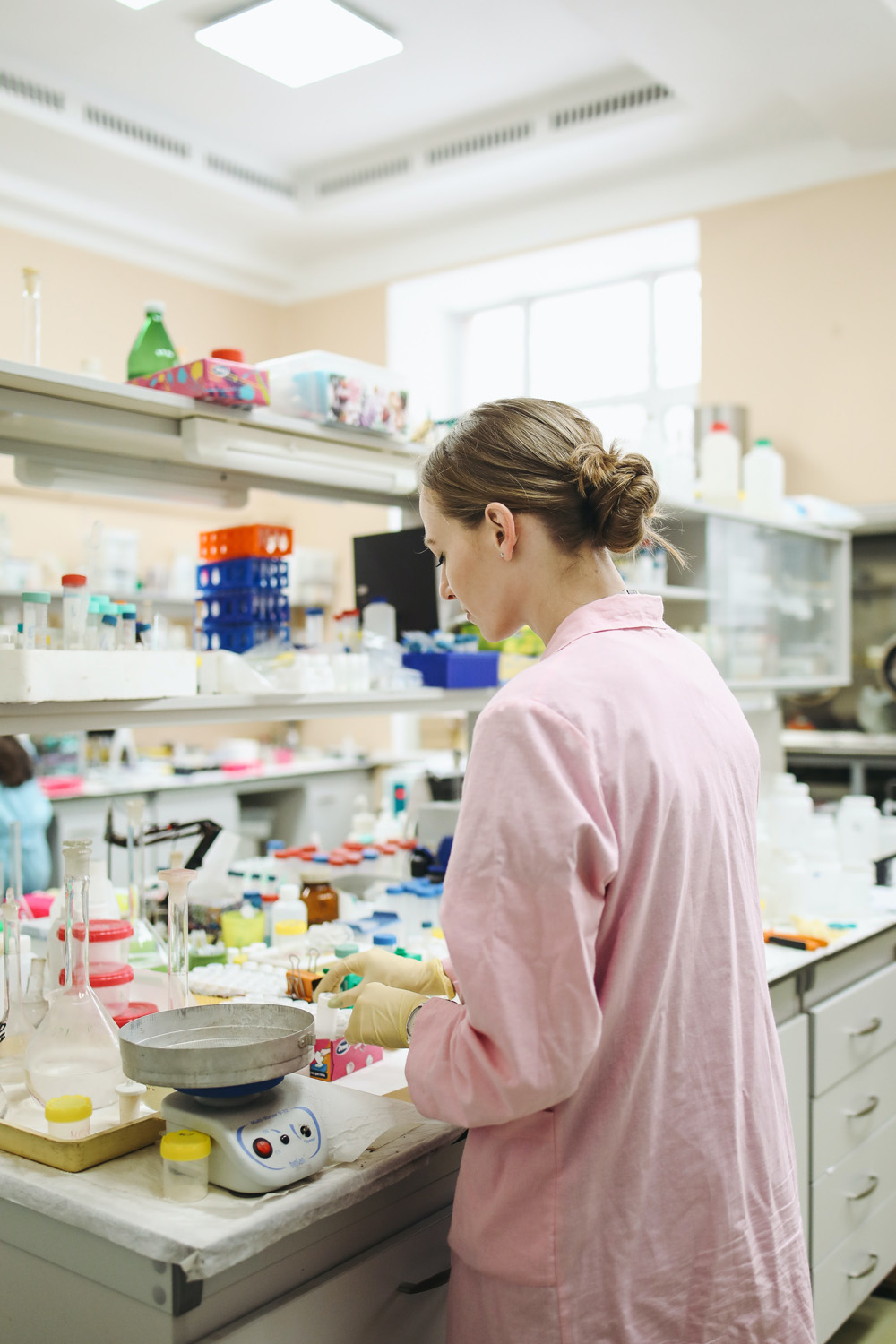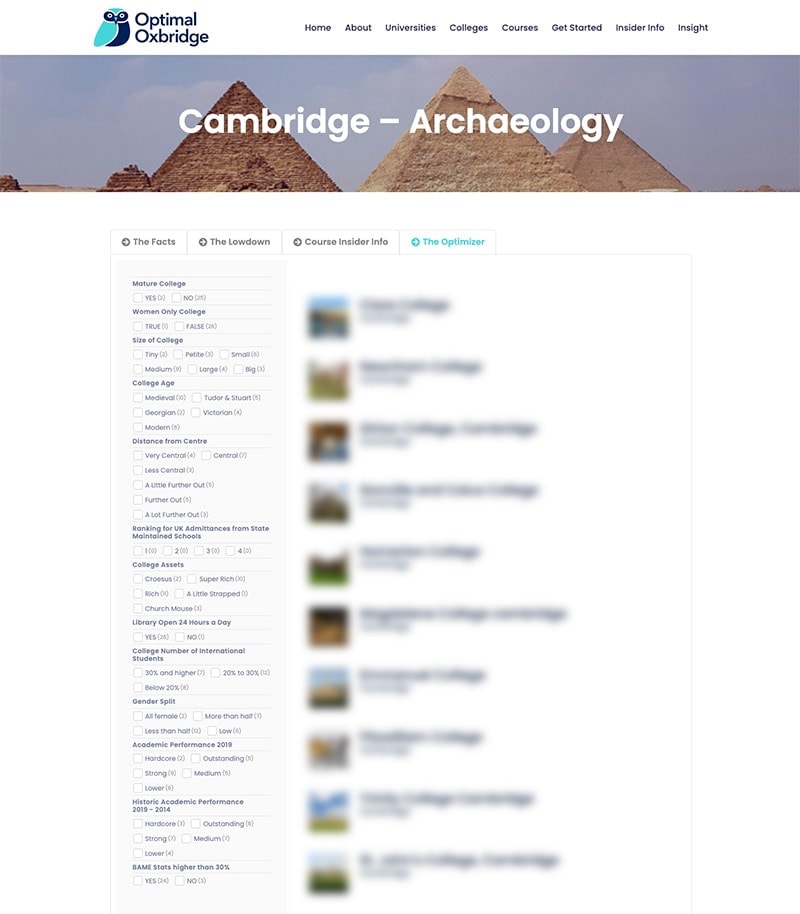Subscribe for full access to insider info and the optimizer.
Unlock access to the Optimizer and Insider Info
Let our optimizer help you find your college match faster. We’ll screen out the bad fits so that you can review the schools you’ll like best. Who knows? You might find a college you never knew existed.
The Facts
UCAS Code:
BCF0
Standard Requirements:
A levels| A*A*A
IB | 40-42, 776 in HL (HL Analysis and Approaches is required if maths is taken).
For other qualifications, check the Cambridge University website.
Required Subjects:
A level/HL in two sciences/mathematics. Some colleges need an HL in a third science/mathematics.
Advisable Subjects:
Physics, Mathematics with Further Mathematics. Another combination is Chemistry, Mathematics with Physics. A third Combination is Biology, Chemistry and Mathematics.
None stated by the university.
Reading before the interview may be asked.
561 in 2021. (22% offered, 20% accepted)

The Lowdown
The Natural Sciences course is designed to give you the variability to mix and match modules from all the different sciences, with the option to specialize in your strengths if you wish. You have the option to be a Bio NatSci, a Phys NatSci, or a BioPhys NatSci. The resources at Cambridge are excellent, meaning that you will have access to top-notch laboratories, high-tech equipment, and well-stocked libraries.
This course is extremely intensive, and a certain level of base knowledge is required. All students must have A-Levels (or equivalent) in at least two subjects out of Mathematics, Physics, Biology, and Chemistry; some colleges may ask you to have three. Additionally, you must achieve an A* in these two STEM subjects. If you have not taken Mathematics, you may be required to do extra preparation for your first year to catch up.
The first year is deliberately designed to provide a broad range of topics, allowing students to try new modules and pursue them in subsequent years if they so wish. You choose three subjects from an extensive list of biological, chemical and physical focuses. Please note that some of these subjects require you to have studied certain subjects at A-Level (or equivalent). Options include Biology of Cells, Evolution and Behaviour, Physiology of Organisms, Earth Sciences, Chemistry, Physics and Materials Science. You will also take a maths paper that is relevant to your scientific interests.
In your second year, you choose three subjects again but have the opportunity to specialise. As well as advanced versions of the topics offered in first year, you will have the chance to take new courses in areas such as Pharmacology or History and Philosophy of Science.
In the final year, students commonly pursue the broad Biological or Physical Sciences pathway at a higher level, although you can focus on a specific discipline, too: these include everything from Astrophysics to Zoology. Some of these disciplines present you with the option to stay on for a fourth year, meaning that you graduate with an MSci degree rather than a BA.
Natural Sciences is Cambridge’s largest course by far, with over 3000 applicants per year. On average, there are 5 applicants per place and around 600 students joining the faculty each year. This course is highly respected and will help you to develop a range of transferable abilities. A large proportion of the cohort will continue to further research and postgraduate studies, with the rest going into employment in sectors such as teaching, tech and finance.
Unlock Insider Info
Get insider intel about how to increase your chances of being offered a place, plus access interviews tips and special questions.
The Optimizer
Unlock access to the optimizer
Let our optimizer help you find your college match faster. We’ll screen out the bad fits so that you can review the schools you’ll like best. Who knows? You might find a college you never knew existed.

